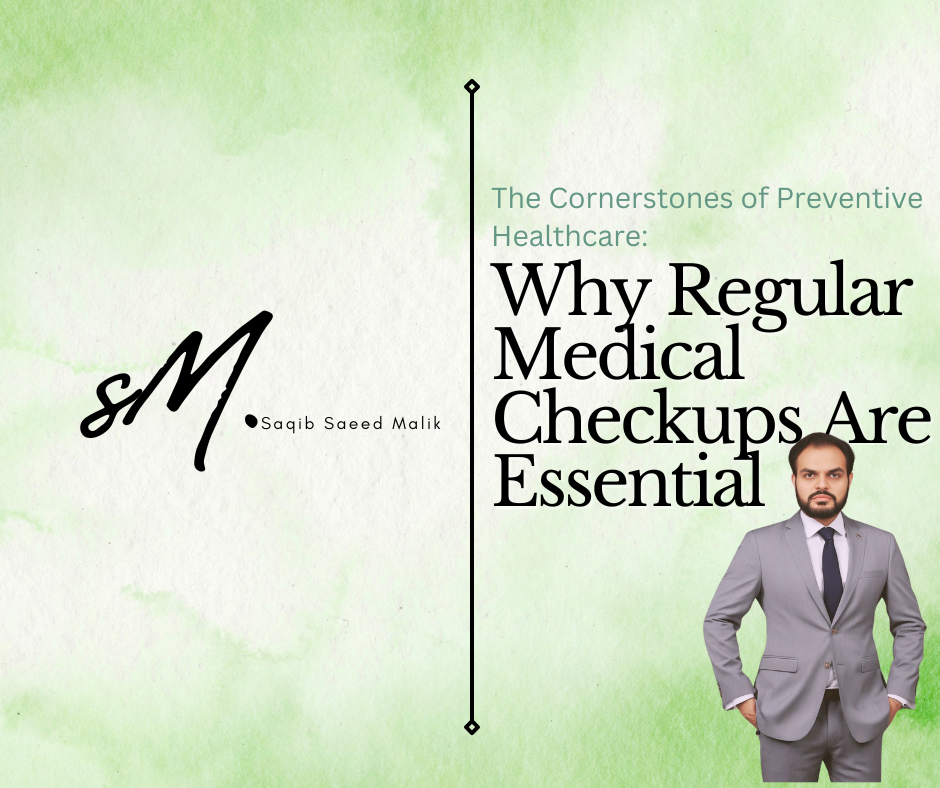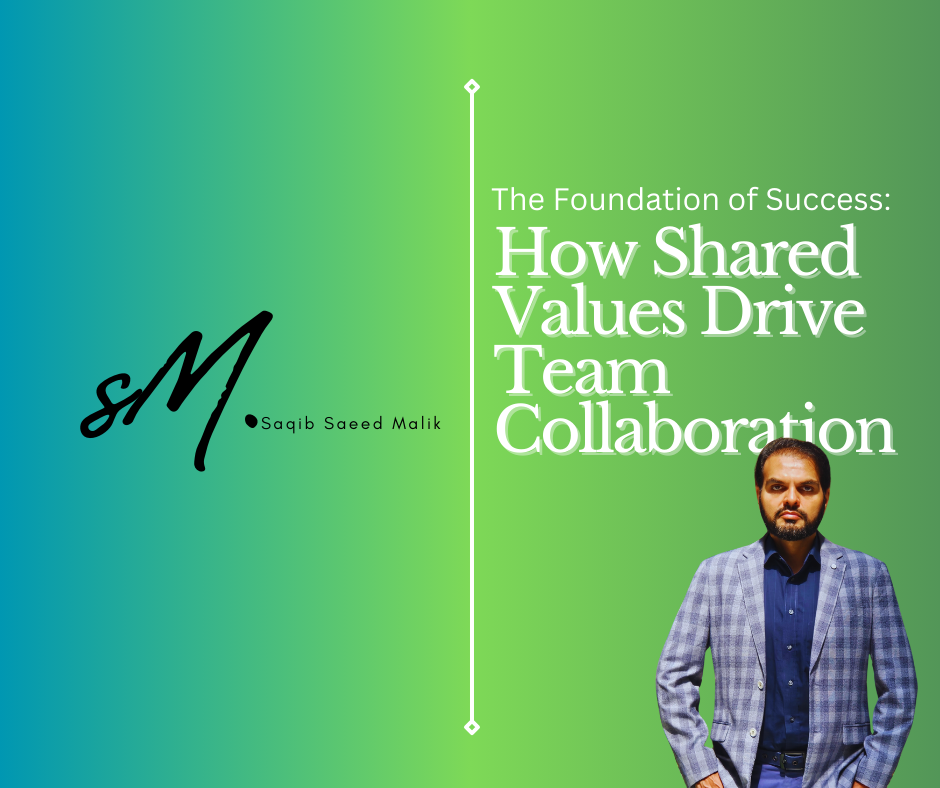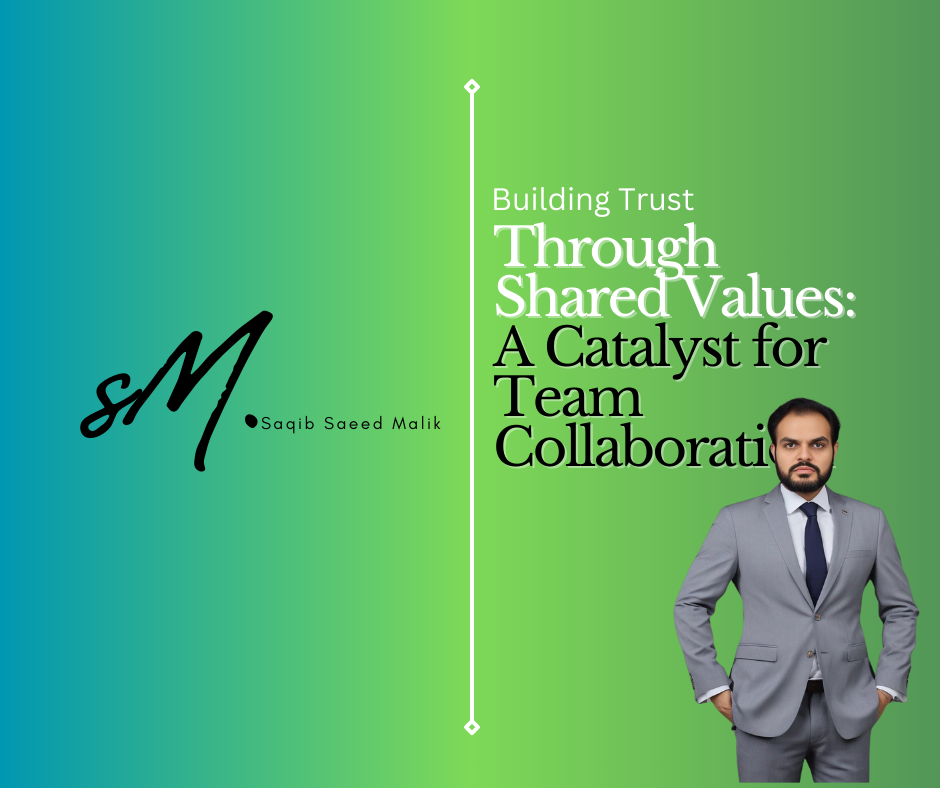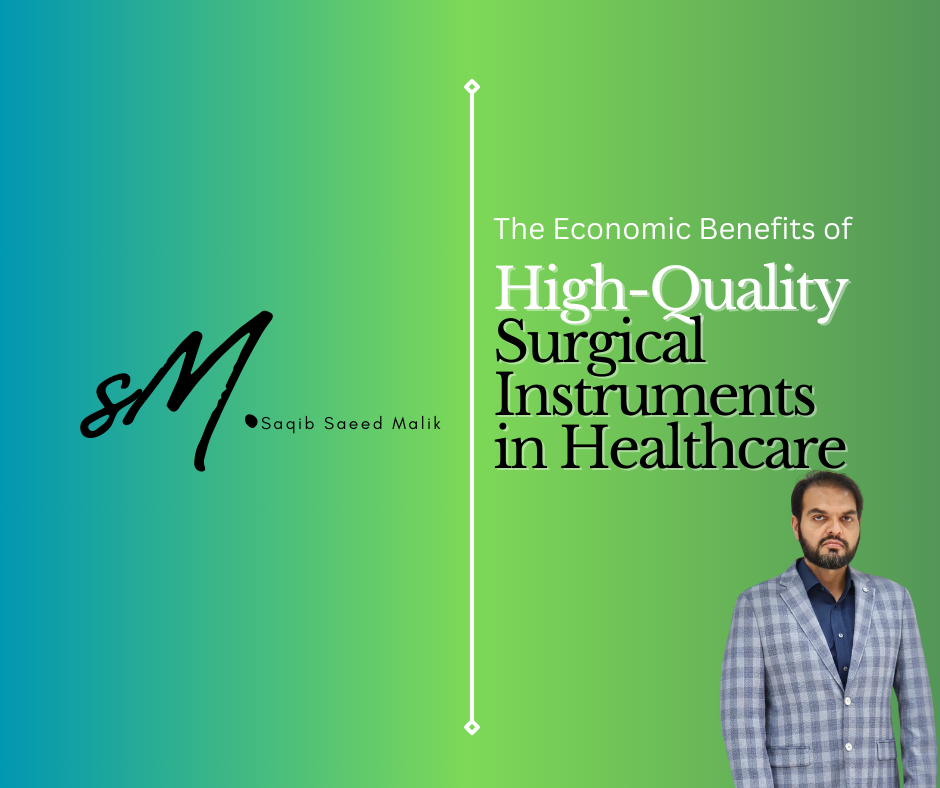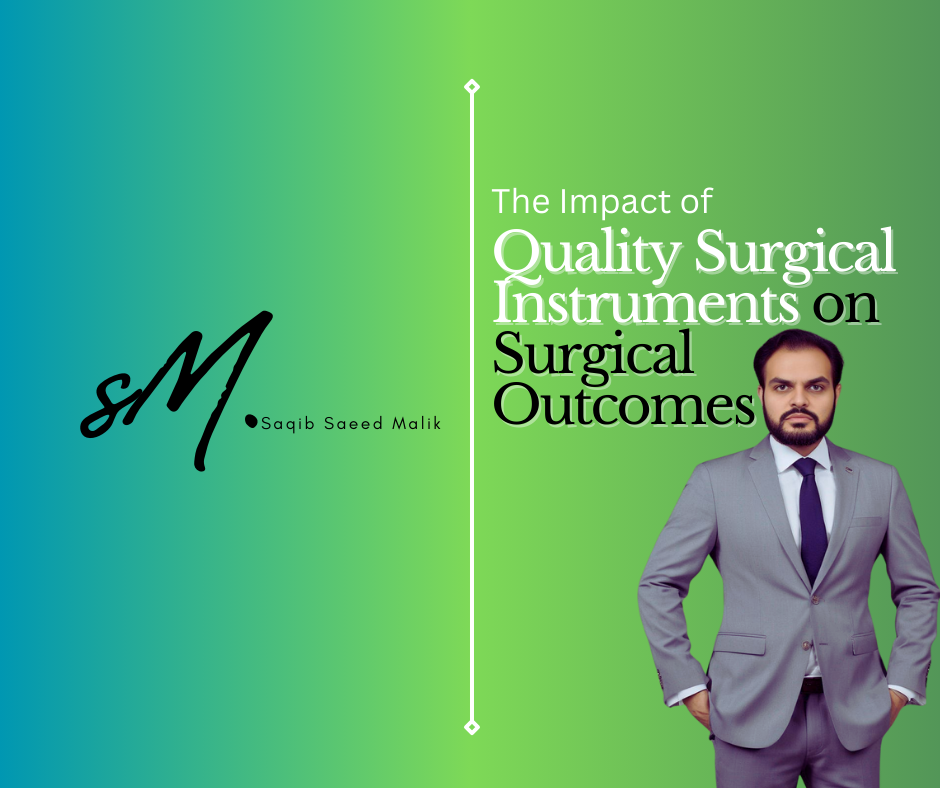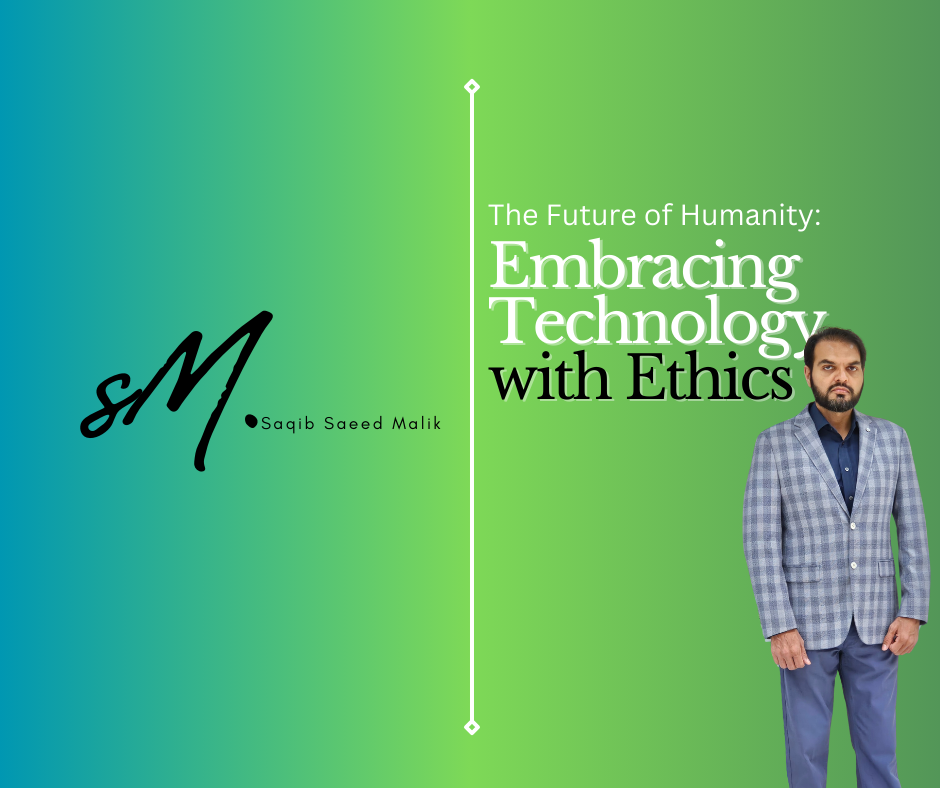In today’s fast-paced work environment, maintaining a healthy work-life balance has become more critical than ever. Organizations that prioritize employee well-being foster a more engaged, motivated, and productive workforce. When employees struggle to balance their professional and personal lives, stress, burnout, and disengagement become inevitable. Therefore, it is the responsibility of leaders and managers to create a supportive work culture that allows employees to thrive both in and outside the workplace.
The Importance of Work-Life Balance
A well-balanced work culture is not just about reducing stress; it directly impacts productivity, job satisfaction, and retention. Employees who feel overworked and undervalued are more likely to experience burnout, affecting their performance and overall happiness. On the other hand, those who have the flexibility to manage their personal and professional commitments tend to be more focused, innovative, and loyal to their organization.
Companies that promote work-life balance benefit in multiple ways, including:
- Increased Productivity – Employees who have time to recharge are more efficient.
- Higher Retention Rates – A positive work environment reduces turnover and attracts top talent.
- Better Employee Engagement – When employees feel valued, they are more committed to their work.
- Improved Mental and Physical Health – A supportive culture leads to reduced stress and better overall well-being.
Practical Strategies for Supporting Employee Well-being
1. Implement Flexible Work Arrangements
Flexibility in work schedules allows employees to manage their personal responsibilities without compromising their job performance. Options like remote work, hybrid models, and flexible hours can accommodate different lifestyles and needs. Employees with young children, caregiving duties, or personal commitments can benefit greatly from such policies, leading to a healthier and happier workforce.
2. Encourage Regular Breaks and Time Off
Many employees hesitate to take breaks due to workplace pressure or fear of being perceived as unproductive. However, studies show that taking regular breaks and utilizing vacation days significantly enhances focus, creativity, and job satisfaction. Employers should actively encourage their teams to disconnect from work and recharge without guilt.
3. Promote Mental Health and Stress Management
Providing resources for stress management and mental health support is essential in today’s work environment. Organizations can offer:
- Employee assistance programs (EAPs)
- Mindfulness and wellness sessions
- Access to counseling services
- Workplace wellness initiatives, such as fitness programs or relaxation spaces
When employees feel mentally supported, they are more likely to perform at their best.
4. Foster a Culture of Work-Life Integration
Leaders should set an example by promoting a balanced work culture. This means respecting employees’ personal time, avoiding unnecessary after-hours emails, and encouraging open conversations about well-being. A supportive work environment should empower employees to be productive without feeling overwhelmed.
5. Recognize and Reward Employee Efforts
Acknowledging employees’ hard work and contributions fosters a sense of belonging and appreciation. Simple gestures such as recognition programs, performance-based incentives, and team-building activities can significantly enhance workplace morale. Employees who feel appreciated are more likely to remain engaged and motivated.
Conclusion
Creating a balanced work-life culture is not just a trend—it is a necessity for long-term organizational success. By implementing flexible work arrangements, encouraging breaks, promoting mental health initiatives, and recognizing employee efforts, businesses can build a healthier, happier, and more productive workforce.
At Nazmed SMS Sdn Bhd, we believe that our employees are our greatest asset. Investing in their well-being ensures not only their success but also the success of our organization. By fostering a culture that prioritizes work-life balance, we can create an environment where everyone thrives.
Let’s commit to building workplaces that truly support and empower employees—because when employees are happy and healthy, businesses prosper.

